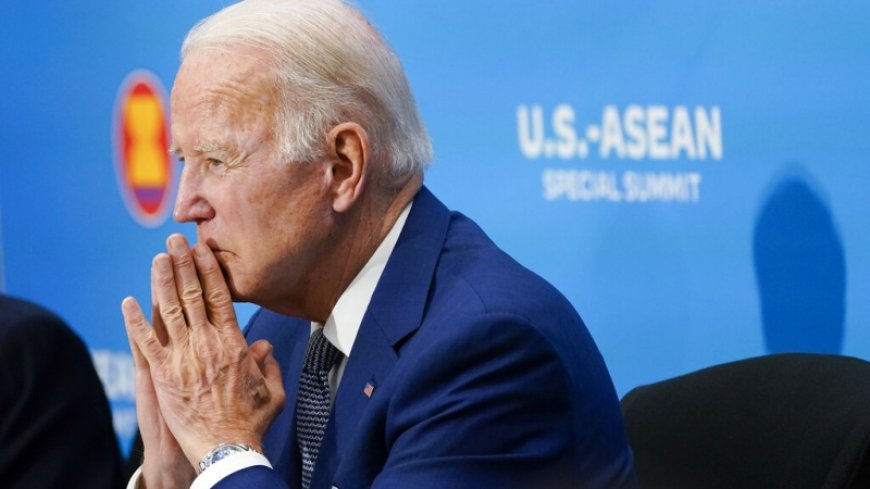Will the USA Plunge Southeast Asia into Chaos? Justified Concern of the Indonesian People

According to a survey conducted in Indonesia, more than 60% of the country does not trust the US security role in Southeast Asia.
The Biden administration has been focusing on Southeast Asia since taking office, viewing the region as a key region for US strategy. It is also an important region for smaller groups such as the Quad, AUKUS and the US-Japan-Philippines trilateral relationship. This situation escalates the competition between the great powers in the region and worries Southeast Asian countries.
In terms of regional strategy and security, the United States is expanding its security activities in Southeast Asian countries. According to information published by the Lowy Institute in Australia, Southeast Asian countries held a total of 525 bilateral or multinational joint military exercises from 2021 to 2023, and the United States participated in 33% of them.

In Indonesia, about 60.7% of respondents in a survey said they had little or no confidence in the U.S. security role in Southeast Asia.
The main reason for this is that the US's behavior shows that it does not intend to reduce regional security concerns, but rather aims to spread the perception of the "China threat". This gives the USA the opportunity to increase "military competition" in the region and the security concerns of regional countries.
In terms of economic cooperation, although the Biden administration has launched the Industrial and Technology Economic Framework (IPEF) to create a counterbalance to China, the results of the negotiations are disappointing and could also damage hopes for closer cooperation with the United States.
US actions clearly bring new challenges to this relatively calm region. It also significantly impacts the ASEAN-centered multilateral economic cooperation framework focused on the region.
It should not be forgotten that Southeast Asia has its own criteria and needs strong internal ties such as ASEAN. These ties emphasize their central role in regional affairs and the need to maintain a dynamic balance among the great powers, while resolutely preserving regional peace and mutual development.
Internal connections through ASEAN naturally allow no major power to dominate the region and ensure the resilience and cohesion of member countries. If taken seriously, initiatives such as ASEAN would prevent member countries from becoming pawns or extensions of any major power.













































